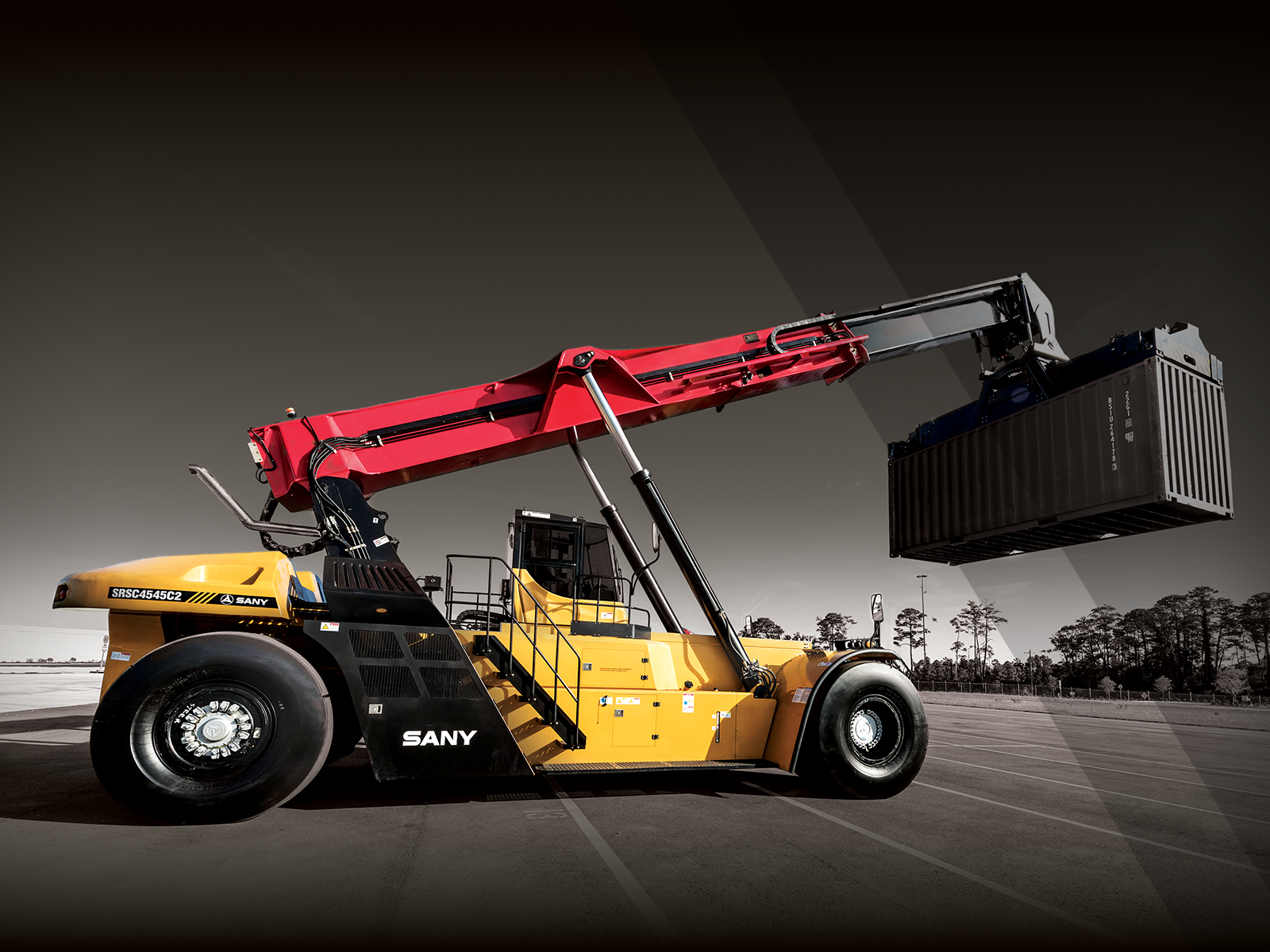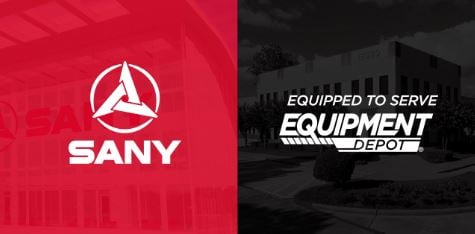
High-capacity forklifts and heavy-duty equipment serve as the pulse of many manufacturing plants and other major industrial facilities. They enable workers to transfer large parts, products and components from one place to another efficiently and effectively. However, along with the benefits of this equipment come certain challenges for proper operation and usage. Learn how to avoid some of the most common mistakes involved with high-capacity forklifts and heavy-duty equipment.
1. Using the wrong piece of equipment.
Many times trucks are purchased because the capacity and configuration is "what was always used" but may not match the load size and weight of the application TODAY. In short, you may be using a truck that is too large or too small to safely handle the loads. It is important, therefore, to examine your operation and perform a survey and capacity evaluation of your existing forklifts and the loads they carry. Lift trucks and other equipment are not one-size-fits-all, especially when it comes to more specialized, heavy-duty models. For example, a forklift that is well-suited to picking and placing medium-sized containers to and from storage shelves, will not be the right choice for loading and unloading large parts from a truck. Unfortunately, some operations too often use whatever equipment is available for a variety of applications, reducing efficiency and potentially threatening the safety of their people.
2. Not properly servicing your equipment.
If an operation delays standard preventive maintenance or ignores minor maintenance issues, several risks will eventually result, including the need for more disruptive, urgent repairs in the future, safety threats to workers, and violation of workplace laws and regulations. In order to avoid these risks, adhere to a recommended maintenance schedule and respond proactively to any maintenance issues, such as damaged or worn-down parts and associated components.
3. Not knowing whether to rent or lease equipment.
Depending on your business needs, either purchasing equipment, leasing equipment or the mix of both could be the right decision for you. Some things to consider:
- Purchasing equipment may be the better choice if you do not want restrictions on its use. Leases often have usage limits (measured in hours) as well as restrictions on the environment and applications. Leased equipment also must be returned in the condition exactly specified in the agreement.
- Leasing equipment may be preferable if you have capital tied up elsewhere. For example, you may be in the process of growing your operations and can’t pay the price of the equipment upfront. Leasing also allows for lower overhead and maintenance costs, and often dealers offer favorable lease and interest rates. Leased equipment also may be the right choice for short to medium-term, specialized projects or requirements.
4. Not customizing equipment for your specific needs.
As mentioned earlier, forklifts are not one-size-fits-all. In addition to the available off-the-shelf options, you may consider customizing your equipment for highly specialized applications and uses. With OEM or aftermarket customization, you will be able to handle tasks and applications more efficiently including oversized or irregular-sized loads, components such as dies, coils and drums, or pallets that require custom fork widths or parts.
5. Using a dealer or equipment seller who is not ethical or trustworthy.
No one sets out to work with an unethical or dishonest dealer or supplier, but unfortunately they do exist. These types of companies typically start their pitch by undercutting the going rate for equipment — which can be difficult to resist when you are solely focused on minimizing the initial acquisition expense. To help you evaluate a potential partner, here are some questions to consider:
- How was the machine acquired?
- What is the machine’s maintenance history?
- Can they provide multiple photos of the used equipment, including any specific requests you may have?
- Are they pressuring you to buy, or have undue urgency?
- Do they require payment through unorthodox means?
By avoiding the five mistakes above, you are ready to maximize your efficiency and the value of your equipment. For more information, visit our resources section of our website or call us to learn more. Looking for a high-capacity forklift or heavy-duty equipment? Check out our page here.


